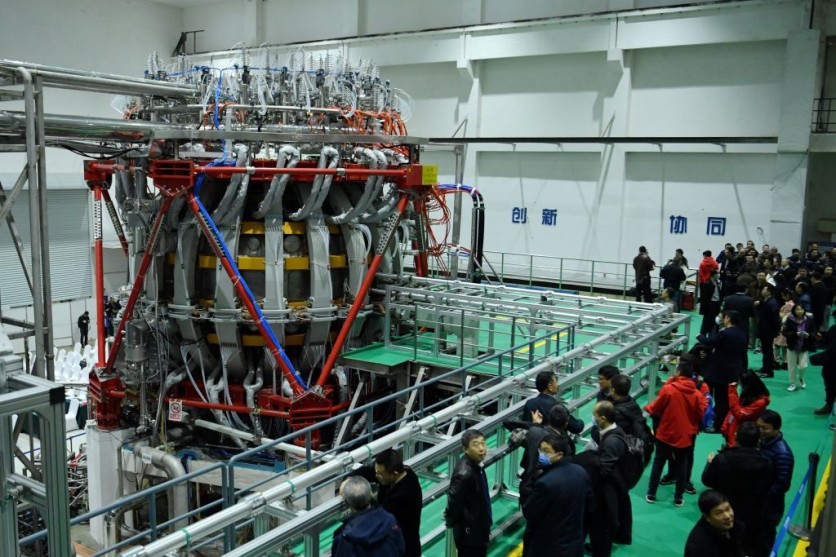The National Nuclear Laboratory (NNL) and the UK Space Agency will work together to create the first space battery powered by nuclear fuel Americium-241.
This work will be completed in a new £19 million ($23 million) laboratory in Cumbria outfitted with cutting-edge tools and technology, which was commissioned and funded by the UK Space Agency.
In the event of a global shortage, it will provide a secure source of fuel for space batteries, allowing the UK and its allies to continue future space science and exploration missions, as per a press release.

Atomic Space Batteries
Atomic space batteries, or Radioisotope Power Systems (RPSs), generate heat when radioactivity decays. Heat can be directly used to keep a spacecraft from freezing and can also be turned into energy to run the equipment inside.
The UK Space Agency explains that the batteries continue functioning for decades without requiring repair.
All Apollo missions, as well as every Mars rover, carried an atomic battery, referred to by space agencies in the UK and other countries as "mission critical technologies."
But all these missions have been powered by Plutonium-238, which is only produced in the US and Russia. Hence, the UK wants to have its supply to decrease its reliance on these countries.
The Discovery of Americium-241
NNL researchers discovered in 2009 that Americium-241, an alternative to Plutonium-238, can be produced when a used fuel from nuclear reactors is undergoing a radioactive delay and that it can produce power for more than 400 years.
The nuclear fission lab has been working tirelessly ever since the discovery of producing nuclear-based fuel.
The new partnership will transform a tested scientific idea into a fully-realized technology because there is an abundant supply of Americium-241 available for extraction at NNL's flagship Central Laboratory on the Sellafield site, where the new lab is being established.
It will be in use within the next four years and will power the European Space Agency's (ESA) Argonaut mission to the moon and other upcoming space missions.
George Freeman, the minister of science, stated that the introduction of these additional capabilities to the North West Space Cluster's 2,000-person workforce is a significant milestone.
"This exciting work from the National Nuclear Laboratory is supported by over £19 million in government funding, creating a nuclear-based fuel that will put Sellafield and the North West firmly on the global space technology map," Freeman said in a press release statement.
Related Article : Nuclear Power Europe: Elon Musk Thinks Now is the Time to Reopen Closed Plants; Radiation Risk?

ⓒ 2025 TECHTIMES.com All rights reserved. Do not reproduce without permission.




